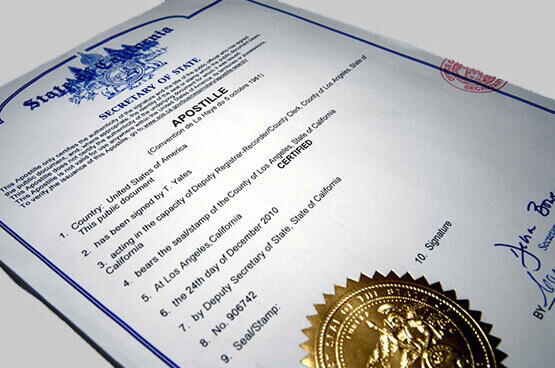
Divorce Decision Recognition and Enforcement 2024
Tanıma Tenfiz Davası
Why is a Recognition and Enforcement case filed? , What is Recognition and Enforcement? It is of great importance in the field of law that Turkish courts recognize and enforce the decisions of millions of Turkish citizens who do not live in Turkey regarding divorce processes in foreign countries. This process plays a critical role, especially when it comes to international marriages and separations.
In the Recognition and Enforcement case; It is a lawsuit filed to ensure that the divorce decision in a foreign country is valid in Turkey. The court investigates whether the Recognition and Enforcement case meets the necessary conditions for its validity and decides on this matter.
Recognition of foreign divorce decisions means that these decisions are considered legally valid in Turkey. The recognition lawsuit process involves the approval of the decision by the courts in Turkey and the official certification that it is valid.
The legal terms recognition and enforcement are regulated in the Law on Private International Law and Procedural Law.
Recognition ; It means accepting the final effect of a court decision in a foreign country.
Enforcement; It is the effect of forced execution of a court decision in a country other than the country in which it was given. This process makes it possible to implement the enforcement aspects of the divorce decision, i.e. issues such as alimony and property division, in Turkey.
These two processes, namely recognition and enforcement, need to be handled separately within the Turkish legal system. These processes are of great importance in terms of foreign divorce decisions gaining legal validity and being enforceable in Turkey. Thanks to these processes, it becomes possible for divorce decisions taken internationally to be recognized and implemented in Turkey, thus ensuring the legal security and stability of individuals. This contributes to the creation of a fair and consistent legal framework, especially on issues such as lineage and inheritance after marriage.
The most frequently asked question by our clients living abroad is whether participation in the recognition case is compulsory.
For example; Our client, a Turkish citizen living in Germany, does not file a recognition and enforcement case because he cannot come to Turkey and stay in Turkey during the case due to his working conditions, or he has to wait to file it.
But you do not need to come from your country for the recognition and enforcement case. You can provide your Recognition and Enforcement case lawyer with a power of attorney from the Turkish Consulate to follow your case processes.
As can be understood, you are not obliged to participate in the recognition and enforcement case.
Which is the competent court in Recognition and Enforcement Case?
The competent court is the Civil Courts of First Instance, as stated in MÖHUK article 51. The competent court is the person’s place of residence in Turkey.
I do not have a place of residence in Turkey. Where can a recognition and enforcement case be filed?
It can be filed in one of the courts of Ankara, Istanbul or Izmir.
Is There a Time to File a Recognition and Enforcement Case?
There is no period for filing a recognition and enforcement lawsuit. However, after the divorce, we recommend that a recognition and enforcement case be filed as soon as possible so that the spouses can hear from each other and the divorce decision does not cause problems for the spouses.
If Turkish citizens living in Germany, France, the Netherlands, America and other countries divorce a foreigner or a Turkish person abroad, they must file a lawsuit for recognition and enforcement in order for this divorce decision and related demands such as alimony and custody to have consequences in Turkey. However, due to the fact that the parties are abroad and the amount of documents that need to be submitted to the Court, the process may take longer or some problems may arise. For this reason, it would be beneficial to get help from an expert recognition and enforcement lawyer in pursuing these cases.
Recognition and Enforcement Case Conditions
Recognition and enforcement case conditions are divided into two: substantive conditions and preconditions.
According to Article 50 of the Law on Private International Law and Procedural Law, the prerequisites for the recognition and enforcement decision are as follows:
Existence of a judgment issued by a foreign court
Foreign court decision is related to civil cases
The decision is finalized
Documents Required for Recognition and Enforcement Case
The following documents are required for lawsuits to be filed for recognition and enforcement of foreign court decisions;
Sealed and wet-signed original copy of the decision given by the foreign court stating that the divorce has taken place.
The sealed and signed original of the document showing that the divorce decision given by the foreign court is final.
Apostille Annotation: Apostille is the certification process for official documents issued by official authorities in one country to be considered valid in another country. Apostille annotation is a mandatory element in the recognition and enforcement case.
Notarized Turkish translation of the divorce decision and finalization certificate issued by the foreign court
Passport and ID card photocopies





